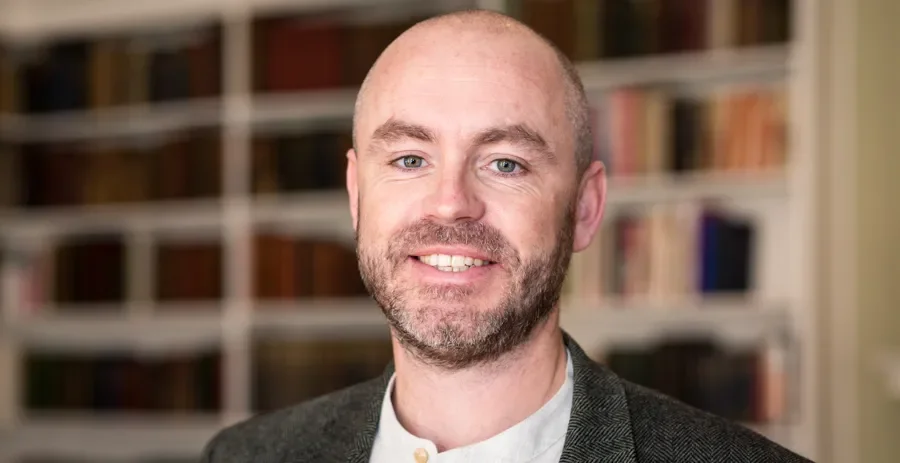

Spotlight on Research: An evidence-based approach to provide for students with autism
This week’s Spotlight on Research is with Dr Neil Kenny, Assistant Professor at DCU School of Inclusive & Special Education
What is your area of work?
“I’m interested in autism in education, and how we can use evidence-based practice to support people with autism in primary, post-primary and further education. I’ve been working in programmes or research to support that for the last 10-15 years.”
How has the education landscape been changing in Ireland for school students with autism?
“It used to be the case that we tended to have separate education for young children on the autistic spectrum, but now the policy is for a proportion of those children to access mainstream education. That mainstream education can be challenging and complicated, and research from overseas shows incidences of social isolation and high levels of bullying and absenteeism among children with autism in that kind of education environment. We are carrying out research in Ireland into how to best support children with autism in that mainstream setting. At present there are two advertised fully funded PhD scholarships in the area of education for students with autism here at the Institute of Education, DCU. One of these, which I am co-supervising with my colleague, Dr. Paula Flynn, is a project exploring the experiences of students with high-functioning autism in mainstream schools in Ireland.”
How do you carry out your research?
“Some of the research focuses on educational attainment, what students can gain and how best to provide education. Another aspect is to talk to parents and teachers, and very importantly to capture the stories of the students themselves, to give them a voice. We need to get the student perspective on how the education is provided, so that we can better plan into the future.”
How do you enable the students on the autistic spectrum to tell those stories?
“It’s important to have a broad approach where you meet people where they are comfortable and use their preferred approaches to communicating with or hearing others. That can mean allowing more time to answer verbal questions, or sending the questions in advance, then using answers the student brings with them. We might use pictures, or have the students draw or describe pictures and talk about them. It's key to liaise with students themselves and parents or people who work with them, and to keep an open mind.”
How did you become interested in this research?
“My background is in psychology, and I was working with children with autism and their families, so I decided to do research in it and I did a PhD at Maynooth University. My doctoral research focused on the area of executive function among young children with autism, inflexible responding in education settings, and how best to support education attainment for such children. My research agenda has since developed from there.
I like the university setting where you can work with lots of different groups and collaborate with other people. I collaborate with colleagues in inclusive and special education and with the DCU Ability Project in partnership with St Michael’s House, which looks at developing third level education pathways for people with disabilities.”
What do schools need to do to provide more inclusive education for people with autism?
“I think an awareness of appropriate evidence based teaching strategies or approaches that meet the needs of the particular young person is very important. Being able to develop an understanding of the individual strengths or interests of the particular young person is also an important foundation in meeting their needs.
The whole-school approach to inclusion that supports synergies across the entirety of the mainstream school is ideal for maximising participation for young people on the autism spectrum. However, this approach can sometimes present challenges that teachers may feel were not addressed in detail during their Initial Teacher Education.
For example, working in collaboration with a range of Special Needs Assistants within, or across, the classroom may be something that teachers are learning through experience. Collaborating with colleagues working in specialist autism classrooms to support transitions to a greater proportion of mainstream class access may also be something new.
Indeed, in some cases, teachers may not feel confident in providing education for children with complex needs or have previous experience in this area. That is why the provision of appropriate and high quality continuous professional education, or CPD, is so important. Also, we have a huge resource in Special Needs Assistants in schools, they can offer a lot of expertise from their experiences. A big focus for many of the courses offered here at the School of Inclusive and Special Education is to provide appropriate post-graduate education to practicing teachs working with students with complex needs. Much of my own teaching is aimed at teachers working with students on the autism spectrum in Irish primary and post-primary schools.”
What do you do to take a break?
“We have young children, so life can often be busy, but I do enjoy hill-walking and cycling and reading.”
